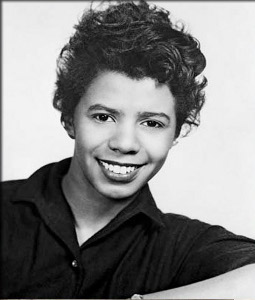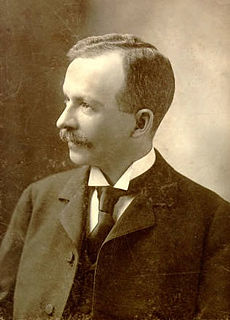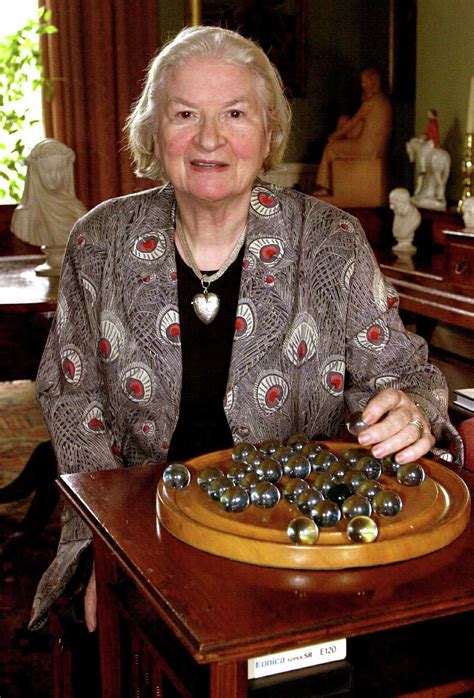A Quote by Jiddu Krishnamurti
One must know oneself as one is, not as one wishes to be, which is merely an ideal and therefore fictitious, unreal; it is only that which is that can be transformed, not that which you wish to be.
Related Quotes
Conclusions which are merely verbal cannot bear fruit, only those do which are based on demonstrated fact. For affirmation and talk are deceptive and treacherous. Wherefore one must hold fast to facts in generalizations also, and occupy oneself with facts persistently, if one is to acquire that ready and infallible habit which we call "the art of medicine".
Many of our miseries are merely comparative: we are often made unhappy, not by the presence of any real evil, but by the absence of some fictitious good; of something which is not required by any real want of nature, which has not in itself any power of gratification, and which neither reason nor fancy would have prompted us to wish, did we not see it in the possession of others.
Early on, I learnt from the Russian intelligentsia that the only meaning of life lies in conscious participation in the making of history. The more I think of that, the more deeply true it seems to be. It follows that one must range oneself actively against everything that diminishes man, and involve oneself in all struggles which tend to liberate and enlarge him. This categorical imperative is by no way lessened by the fact that such an involvement is inevitably soiled by error: it is a worse error merely to live for oneself, caught within traditions which are soiled by inhumanity.
Ideals are very often formed in the effort to escape from the hard task of dealing with facts, which is the function of science and art. There is no process by which to reach an ideal. There are no tests by which to verify it. It is therefore impossible to frame a proposition about an ideal which can be proved or disproved. It follows that the use of ideals is to be strictly limited to proper cases, and that the attempt to use ideals in social discussion does not deserve serious consideration.
I wish to live because life has within it that which is good, that which is beautiful and that which is love. Therefore, since I have known all of these things, I have found them to be reason enough and - I wish to live. Moreover, because this is so, I wish others to live for generations and generations and generations.
I wish to live because life has within it that which is good, that which is beautiful, and that which is love. Therefore, since I have known all of these things, I have found them to be reason enough - and I wish to live. Moreover, because this is so, I wish others to live for generations and generations and generations and generations.
Love is fed by the imagination, by which we become wiser than we know, better than we feel, nobler than we are: by which we can see life as a whole, by which and by which alone we can understand others in their real and their ideal relation. Only what is fine, and finely conceived can feed love. But anything will feed hate.








































